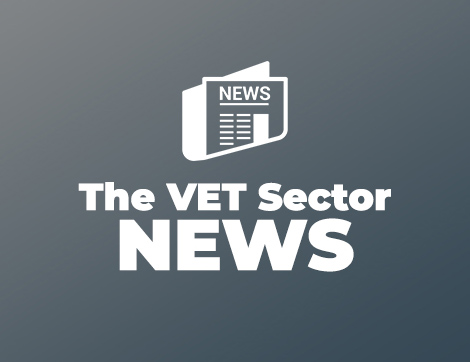Economics consulting firm AlphaBeta has estimated that 3.7 million Australian employees will need training in digital skills in the next year in order to cope with the changes in their jobs due to the pandemic.
That’s a daunting figure, 29% of the workforce, especially as we face an acute shortage of people with the skills and experience to drive digital transformation projects in everything from healthcare and financial services to manufacturing and the public sector.
But the AlphaBeta research, which was commissioned by cloud partner Amazon Web Services, also suggests there’s plenty of potential to make progress in the short term.
A survey of over 1,000 Australian employees and 300 organisations ranging from small businesses to large enterprises, found both employers and their workers keen to embrace new digital skills, in areas such as cloud computing and cybersecurity.
For more information, please visit How Australia can turn the digital skills deficit into an opportunity – Startup Daily


